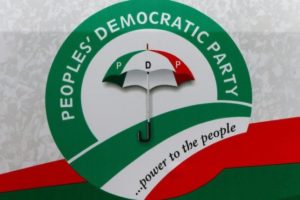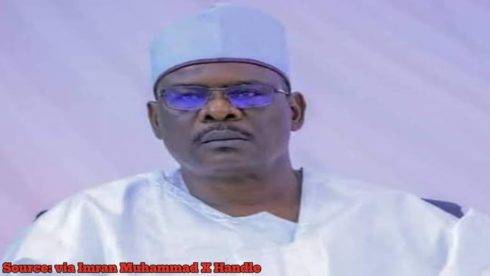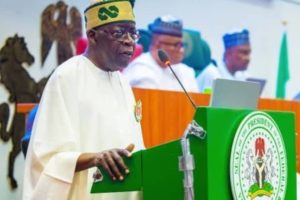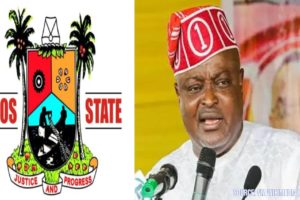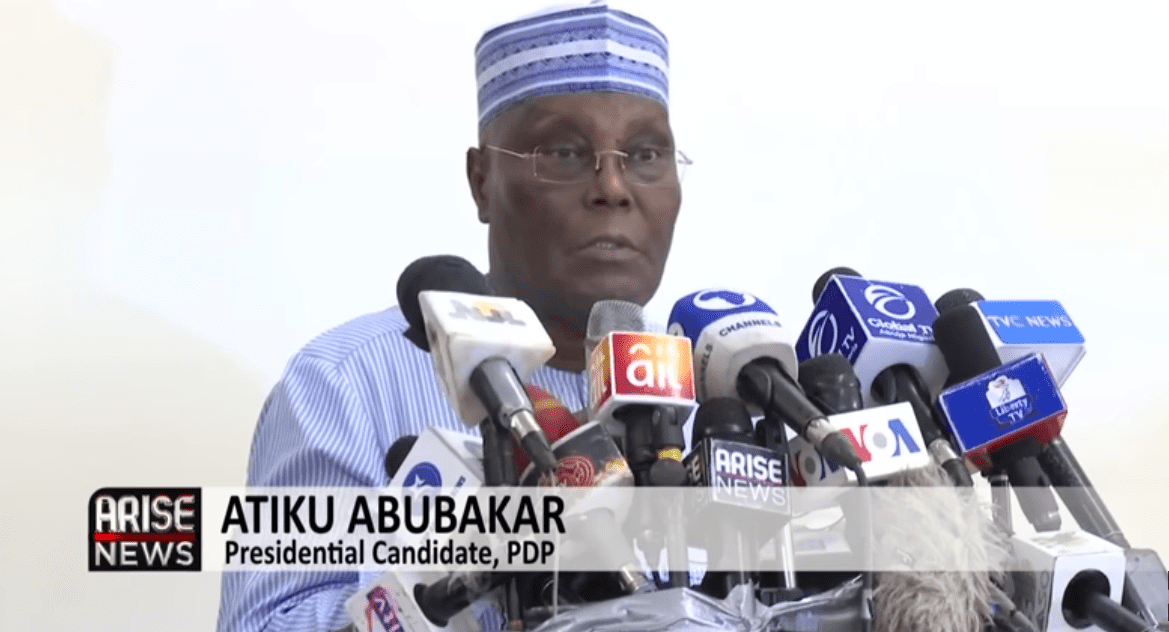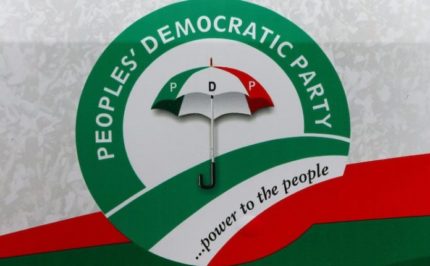In a recent critique of the current administration’s foreign exchange policy, former Vice President Atiku Abubakar found himself under scrutiny for what has been deemed as misrepresentation and misinterpretation of the government’s priorities. Bayo Onanuga, the Special Adviser to the President on Information & Strategy, condemned Abubakar’s assertions, labeling them as inaccurate and lacking viable alternatives.
Former Vice President Atiku’s criticism centered on the foreign exchange policy under the Tinubu administration, where he attempted to undermine its effectiveness without presenting feasible solutions. However, Onanuga rebuffed Abubakar’s claims, asserting that the Former Vice President Atiku failed to grasp the intricacies of the government’s strategies, particularly in addressing economic challenges.
Clarification on President Tinubu’s Meeting with State Governors
Contrary to Abubakar’s insinuations, President Tinubu’s recent meeting with the 36 State Governors was not primarily focused on discussing the foreign exchange crisis and currency fluctuation. Rather, the agenda revolved around addressing the pressing issue of food supply and mitigating the soaring food prices that have burdened citizens nationwide.
During the meeting, discussions delved into the interconnectedness between food security and the rising cost of food commodities. Minister of Information, Alhaji Mohammed Idris, provided insights into the proceedings, emphasizing the need to combat hoarding practices that contribute to artificial scarcity and inflated prices. Key decisions were made to bolster security measures, including the reinforcement of forest rangers and the augmentation of police forces. Additionally, deliberations centered on exploring the viability of establishing state police units to enhance local law enforcement efforts.
Government’s Commitment to Food Security and Agricultural Development
President Tinubu’s administration reaffirmed its commitment to ensuring food security and promoting agricultural development as sustainable solutions to the nation’s food crisis. Initiatives such as the release of 42,000 metric tonnes of grains from the national reserve and ongoing negotiations with rice millers to procure an additional 60,000 metric tonnes underscore the government’s proactive stance.
Moreover, President Tinubu expressed disdain for price control mechanisms and advocated for a shift towards self-sufficiency in food production. He emphasized the potential of Nigeria to harness its agricultural resources to not only meet domestic demand but also facilitate exports, thereby stimulating economic growth and reducing dependency on food imports.
Government’s Agricultural Expansion Initiative
In line with its vision for agricultural expansion, the government is spearheading a comprehensive initiative to cultivate 500,000 hectares for wheat, maize, and rice production across various states. This ambitious endeavor aims to boost domestic agricultural output, create employment opportunities, and alleviate poverty in rural communities.
Governors have been urged to actively participate in this program, signaling a collaborative effort between the federal and state governments to address food security challenges holistically. By harnessing the nation’s agricultural potential and fostering strategic partnerships with stakeholders, the government endeavors to foster a resilient and sustainable food ecosystem for the benefit of all Nigerians.
Former Vice President Atiku’s Claims Disputed: Central Bank Autonomy and Policy Efficacy
Former Vice President Atiku Abubakar’s recent assertions regarding currency fluctuation and the Central Bank’s foreign exchange management policies have been refuted by officials within the Tinubu administration. Alhaji Atiku’s remarks suggesting that the administration hastily formulated FX management policies without due consultation and that the CBN’s autonomy was compromised under Tinubu’s governance have been dismissed as false and baseless.
Officials close to the administration highlighted that the Central Bank operates independently in handling the country’s monetary policies, including foreign exchange management. President Tinubu, during a recent meeting with governors, emphasized the importance of allowing the CBN the freedom to execute its mandates without interference from external entities. Contrary to Atiku’s claims, the administration has maintained a hands-off approach regarding the Central Bank’s operations, demonstrating a commitment to upholding its autonomy.
Positive Results Emerge from CBN’s Policy Implementation
In response to Former Vice President Atiku’s criticisms, proponents of the Tinubu administration pointed to tangible outcomes resulting from the CBN’s policies under Governor Olayemi Cardoso. Recent data from the National Bureau of Statistics (NBS) revealed a significant increase in capital importation during the fourth quarter of 2023, indicating growing investor confidence in Nigeria’s economic prospects and the administration’s policy trajectory.
Notably, capital inflow surged by 66.27 percent compared to the previous quarter, with a notable increase from $654.65 million to $1.09 billion. This uptick in investment underscores the effectiveness of the CBN’s strategies in stabilizing the Naira and reducing market volatility. The administration’s steadfast support for the Central Bank’s initiatives has fostered an environment conducive to attracting foreign capital, bolstering economic growth prospects.
Critique of Atiku’s Proposed Policy Alternatives
Critics within the administration rebuked Atiku’s advocacy for a controlled floatation of the Naira, likening it to past approaches that proved unsustainable and susceptible to abuse. Former Vice President Atiku’s proposal, reminiscent of former CBN Governor Godwin Emefiele’s interventions, where significant sums were expended monthly to bolster the Naira, was deemed impractical and prone to manipulation by vested interests.
Officials underscored the contrast between Former Vice President Atiku’s recommendations and the proactive measures implemented by the current administration. While advocating for a more flexible exchange rate regime, the administration remains committed to fostering a conducive environment for economic growth through prudent monetary policies and structural reforms. As such, Former Vice President Atiku’s criticisms have been met with skepticism, with proponents of the administration citing evidence of tangible progress and investor confidence as indicators of the soundness of current policy initiatives.
Table of Contents
Discover more from OGM News NG
Subscribe to get the latest posts sent to your email.


